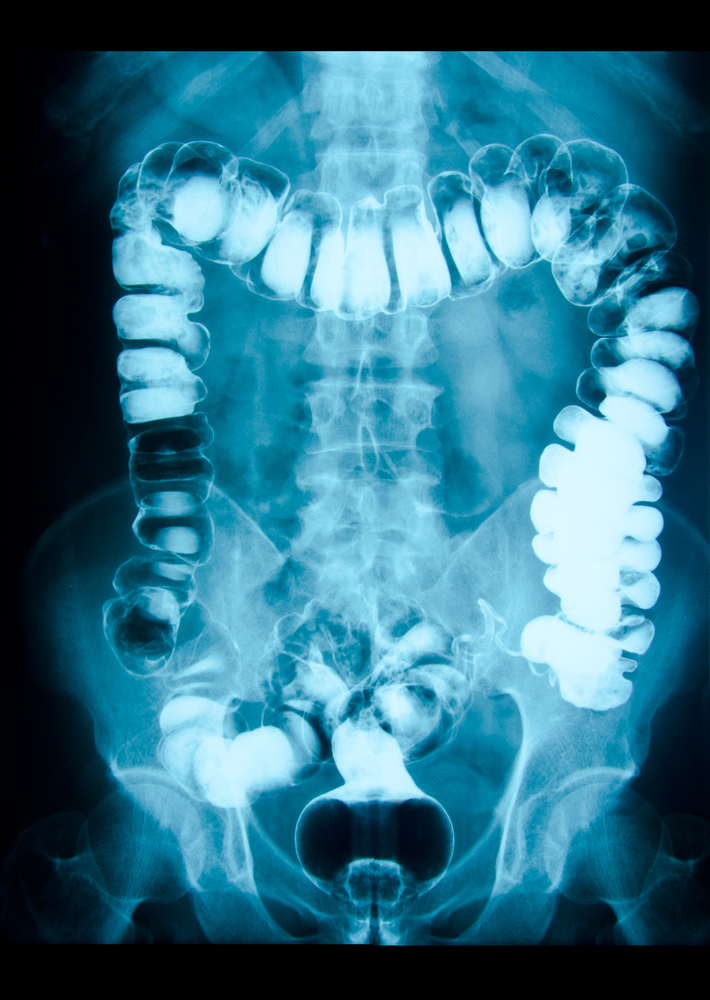 Sirtex Medical Limited recently announced they completed patient enrolment in two large clinical studies: FOXFIRE and FOXFIRE Global.
Sirtex Medical Limited recently announced they completed patient enrolment in two large clinical studies: FOXFIRE and FOXFIRE Global.
These two trials are evaluating a combined approach of liver radiation using SIR-Spheres Y-90 microspheres with standard chemotherapy, versus chemotherapy alone, in the treatment of over 560 patients with metastatic colorectal cancer who cannot undergo surgery (mCRC).
The primary aim of these trials is to determine the overall survival (OS) of the combined regimen.
Data from a previous trial (SIRFLOX) is going to be combined with the new data, and will form a robust database of more than 1,000 mCRC patients. The company is expecting to present their findings in the first semester of 2017.
“We are very pleased that FOXFIRE and FOXFIRE Global have so quickly reached their ambitious enrolment goals,” said Gilman Wong, CEO of Sirtex Medical Limited in a recent news release. “Announcing the results of the earlier SIRFLOX study remains our immediate priority. However, the fact that enrolment in all three studies is now complete presents us an unprecedented opportunity to demonstrate the important role that SIR-Spheres microspheres may play in the treatment of patients with mCRC, for whom liver tumours are all too often the greatest cause of failing health. We are grateful to the many doctors, nurses and other medical staff, and especially the patients and their families who have made this important undertaking possible.”
The FOXFIRE study has recruited over 360 mCRC patients in the United Kingdom, and is a collaboration between the Oxford Oncology Clinical Trails Office and the UK National Cancer Research Institute.
“Despite significant advances we have made in treating this disease with chemotherapy and biologically targeted therapies, optimising the care for patients with colorectal cancer that has spread to the liver remains a significant challenge in oncology,” lead researcher Professor Sharma added in the news release. “For rectal cancer, the combination of radiotherapy and chemotherapy is an established standard of care. Treating the liver with the same combination of treatments has been difficult due to the sensitivity of healthy liver tissue to radiotherapy. These exciting clinical trials combine a safe form of internally administered radiotherapy with routine chemotherapy. Recruiting over 1,000 patients to these trials represents an important step forward in determining whether targeting these tumours with both treatments acting together is better than using chemotherapy on its own.”
Dr. Wasan further stated, “This is the reason why we needed to conduct definitive research in the early use of liver-directed radiotherapy with SIR-Spheres Y-90 resin microspheres in these patients. Completing enrolment in the FOXFIRE study is an important milestone in our work to address whether adding selective internal radiation therapy to first-line chemotherapy will provide an important gain in Overall Survival for patients with colorectal cancer liver metastases.”
“Completing these three studies was an enormous undertaking, but it is no less enormous than the need for more effective ways to treat colorectal cancer that has metastasised to the liver, which is the most common site of its spread and affects several hundred thousand patients worldwide each year,” Professor Gibbs explained. “Obviously, we do not yet know if this combination of chemo-radiotherapy will prove successful in early treatment of mCRC, but we do know from published data that mCRC patients who no longer respond to chemotherapy have already benefitted from selective internal radiation therapy, or SIRT, as it is more widely known.”


